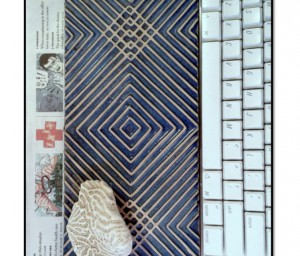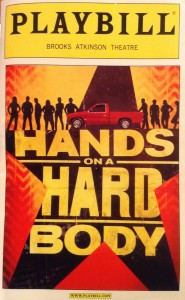Erin, I enjoyed reading your brief history of project management, especially that “chair planner”! Google Calendar is one tool that has really helped me organize my personal projects, like part time ed jobs, adjuncting and my research. It does seem a little banal to be talking calendars, but I think there are a few key affordances to the calendar in the cloud.
Relating to Julie’s post, unlike a pocket planner I never misplace my G Calendar (though sometimes I do enter things in the wrong date like March 2030 instead of next week).
In addition, I much appreciate being able to update my calendar from nearly anywhere, and then it sends me an email, a day or an hour before, depending on the setting. Often I don’t need that email reminder because the act of entering in an appointment into the calendar is a way of enforcing the memory in itself. In addition, having entered the info allows me to ‘feel’ more organized and then I am able to focus on the task at hand in a more productive way.
Finally, I don’t use my G Calendar for collaborative purposes but have occasionally been sent invites that show up there and have friends who report they share a calendar with their partner, and then have a calendar that is their own too. So I imagine this could work for research projects too.

